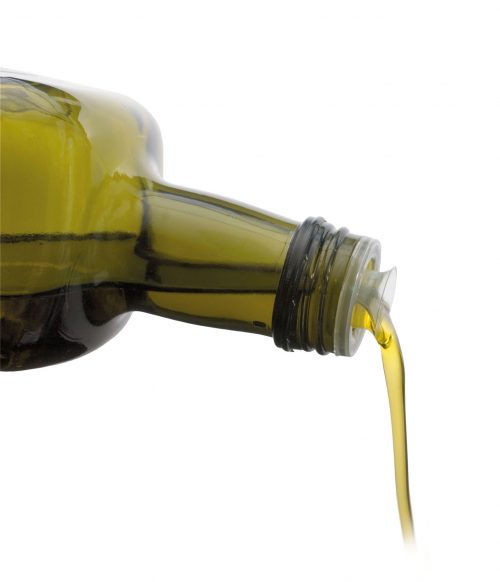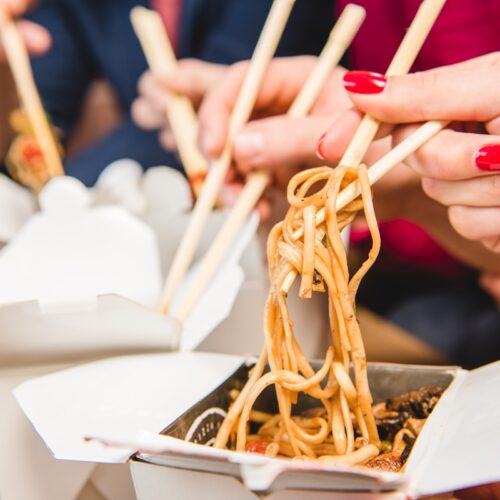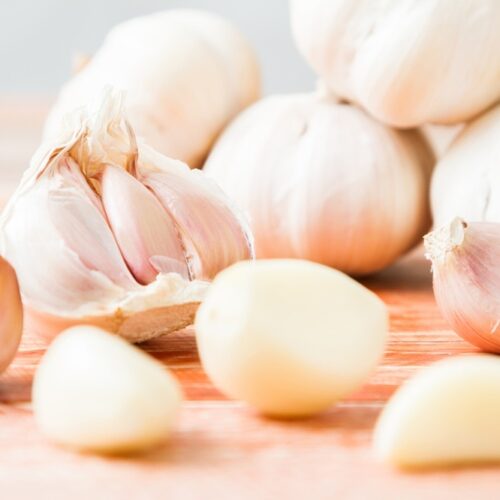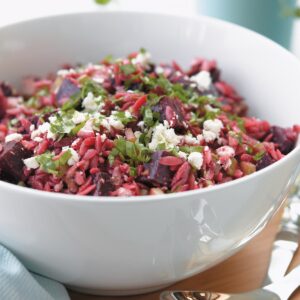
You may have heard about the health benefits of the traditional Mediterranean diet; one of its better known 'secrets' is generous lashings of olive oil. Is locally produced olive oil better?
Ancient Greek physicians knew of the beneficial properties of olive oil, although no doubt they expressed these in different ways to our modern scientists. For Greeks olive oil was a gift from the gods.
The healthy oil
The traditional Mediterranean diet includes lots of olive oil. In fact Greeks each consume around 18.5kg of olive oil in a year; that's about 56mls each day. Our consumption is around 5% of that figure.
Consuming olive oil improves some of the risk factors associated with cardiovascular disease (CVD): it helps improve your blood-cholesterol profile by lowering LDL-cholesterol and raising HDL-cholesterol, as well as improving triglyceride levels; it helps reduce the formation of blood clots; and, it can assist in blood-glucose control, important in the prevention of type 2 diabetes (another CVD risk factor).
Researchers are also investigating the link between olive oil consumption and lower rates of a number of cancers, but the relationship is less well defined at this stage. Since CVD is the number one killer in New Zealand, that's probably enough reason to think about using olive oil in place of other fats.
What's in a name?
Extra virgin and virgin olive oils are extracted by a mechanical process so the oil retains its natural flavour and colour.
Extra virgin is the premium quality oil from the first pressing with no more than 0.8% acidity.
The next grade is virgin olive oil which may have minor imperfections and a slightly higher acidity level.
If it's labelled pure olive oil it will be a mix of virgin oil plus oil that has been refined (using heat and chemicals).
Light oils are light in colour and aroma – not kilojoules – because they have a higher content of refined oil.
Most of the research on olive oil has been done on extra virgin oil which is minimally processed; it's important to note that refining the oil removes most of its natural antioxidants. This means extra virgin contains more antioxidants than other olive oil.
Why New Zealand olive oil?
Dr Laurence Eyres of Auckland University, an expert on oils and fats, is enthusiastic about New Zealand olive oil. New Zealand extra virgin olive oils retain full flavour and colour and have been shown to have high levels of those all-important antioxidants. Oils with the red 'Olives New Zealand' certification label comply with standards even higher than the International Olive Oil Council.
Another reason to choose local oil is freshness because that's when the oil is at its peak, both in terms of flavour and antioxidant activity. Although olive oil is more stable than many others, exposure to light, air and heat will degrade the oil. Over time this becomes obvious with a rancid smell and taste, but even before that point the oil is oxidising and losing precious antioxidants.
Storage
Dr Eyres' pet hate is clear bottles; only dark bottles or cans will protect the oil from light, especially in those well-lit supermarkets. So store your oil in a cool dark place at home and use it all the time so you're only using fresh oil.
Using olive oil
Oil is a fat so it's high in kilojoules. Using generous lashings of olive oil in salads will give you all the benefits of its powerful antioxidants, but remember to cut down on other fats rather than increasing your overall intake!
Tips for olive oil
When it comes to cooking, olive oil is a healthy option. Here are some simple ways to include it in your everyday eating:
- Dip fresh crusty bread in olive oil for a delicious snack.
- Steep fresh herbs in olive oil for extra flavour in your cooking.
- Olives, diced feta cheese, sliced red onion and a few salad leaves all drizzled in olive oil make a light, healthy meal.
- Olive oil is perfect for pizzas, pastas and stuffed vegetables when you want to give foods that Mediterranean taste.
- Look out for flavoured olive oils in the supermarket. Choose from garlic infused, chilli or lime varieties.
- Remember to store olive oil in a dark bottle and use it frequently so it is always fresh oil that you are using.
We'd like to acknowledge the information and expertise provided by Dr Laurence Eyres for this article.
www.healthyfood.com











